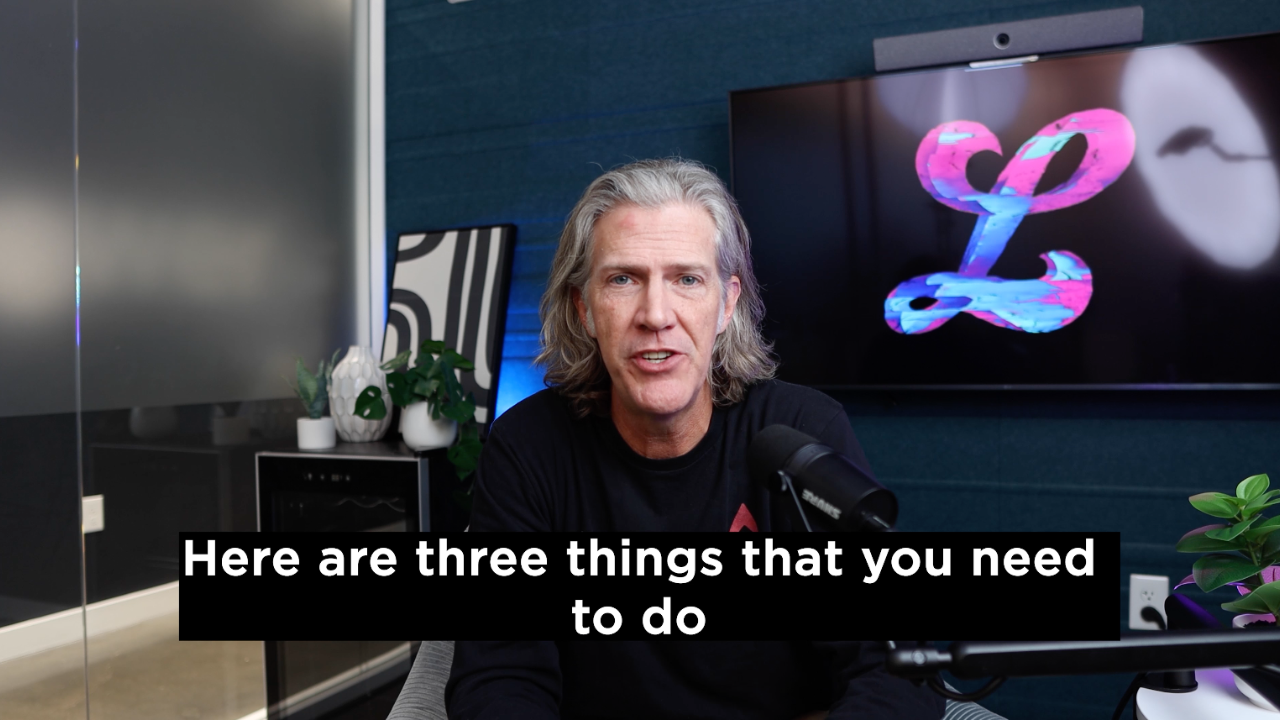Online Research
1. Check licensing requirements and search for certified professionals.
Most states require home inspectors to be licensed. The American Society of Home Inspectors (ASHI) only allows licensed inspectors to join, so you can search their database for a licensed inspector near you. You can also check ASHI's State Regulations page to find out if your state requires licensing.
The International Association of Certified Home Inspectors (InterNACHI) also lets you search their database for local inspectors.
The National Academy of Building Inspection Engineers certifies engineers and architects to perform home inspections. Your state may also have a home inspector’s association with a database.
2. Ask for a referral.
Your real estate agent works with inspectors every day. Most likely, they’ll have a good idea of an inspector that will be well suited for your property—and the services they provide.
3. Read reviews.
Reviews posted on an inspector’s own site aren’t very reliable—unless they come from an independent review service.
Read reviews on independent review sites, such as Yelp, and on trade-specific sites like Angie’s List and HomeAdvisor. Look for home inspection providers with a large volume of reviews and a high rating.
4. Investigate any complaints.
Visit the Better Business Bureau’s listing for the home inspector you’re researching to see if any complaints have been filed against them.
Keep in mind that some home buyers aren’t realistic in their expectations of a home inspection service. Remember that you’re reading one person’s side of the story (unless the inspector has responded to the complaint on the site).
The presence or absence of these types of formal complaints can help you choose between two likely candidates. If it’s common a specific inspector doesn’t pick up on foundation issues or potential harmful materials—that’s a huge red flag that could impact your homebuying process.
Conduct initial research online to help narrow your pool of qualified candidates.
Phone Interviews
5. Ask about their professional background.
When you’re ready to interview candidates, ask them about their professional background. An ideal home inspector has a variety of experience rather than being an expert in a single area.
For instance, an inspector who has owned many rental properties or worked as a general contractor will have a lot of experience with various aspects of homeownership and property maintenance.
Specific expertise in areas like plumbing or electrical wiring is helpful if part of a larger background in building maintenance or home improvement.
6. Consider how long they’ve worked in the area.
If an inspector doesn’t publicize their years of experience, be sure to ask. Also, ask them whether they’ve been in the same location the entire time or if they’ve moved.
It’s difficult for a newcomer in the area to match the expertise of a long-term, local pro. Someone who’s been an inspector for 25 years in the same city will know the local codes very well and should have a strong grasp of issues that may be particular to the area like mine subsidence, earthquake, or hurricane risks.
Another advantage to choosing someone with a long, local track record: the more years an inspector has been in business, the more reviews—both positive and negative—you should expect to find online. A newcomer can be a bit of a mystery, but a seasoned pro will have a detailed review history.
7. Compare education, experience, and training.
You may see information about degrees or certifications when you look up local inspectors on the ASHI and InterNACHI websites. If not, you can ask when you interview candidates.
Some home inspectors have degrees in architecture or engineering. Others have training in carpentry, plumbing, or electrical work. However, some very good inspectors built their experience as handymen or landlords.
Education tells you less about an inspector’s abilities than certification, background, and experience. Plus, you’re likely to pay extra for an inspector with an engineering degree. The extra education could be useful in certain cases—especially if you’re a first-time homebuyer considering an older property or if you’re picking up a fixer-upper with no warranty.
8. Ask for a sample report.
When you’ve narrowed your choice down to two or three candidates, ask them each to send you a sample report. This will give you a clear idea of what you can expect from each one.
Try to look past appearances. One inspector may have a fancier program for compiling reports than another, but a prettier report isn’t necessarily a better one. A longer report isn’t necessarily better, either—especially if it’s made up mostly of photos. Photos are helpful, but you’ll be accompanying your inspector during the walk-through, so you can take your own photos if necessary.
Instead, look at the information in each report. Evaluate its thoroughness and clarity. Which report is the most detailed? How well do you understand the information that’s being presented without any other context besides the report? If you needed to use the report as a checklist for repairs or to communicate with the seller about problems, would it be an effective tool?
Talking to candidates on the phone gives you a clearer idea of who they are and if you want to work with them.
Other Considerations
9. Remember that actions speak louder than words.
Home inspectors don’t sit in an office all day, so they may not always be able to answer their phones or respond to messages immediately. But when you contact them to ask your initial questions or request a sample report, they should get back to you promptly and politely. A highly qualified inspector could have a gruff, unpleasant manner—but why subject yourself to that if there’s an equally qualified one who is professional and friendly?
Pay special attention to whether small promises are kept or broken. If someone tells you they’ll call you back this afternoon or send over a sample report tomorrow, they should keep track of those commitments and follow through.
In most real estate transactions, you have a small window of time to get your inspection completed. An inspector who doesn’t value your time could add unneeded stress and anxiety to an already complex process.
10. Compare the scope of services provided.
What is included in the inspection? What costs extra?
In many cases, you’ll pay extra for inspections that cover:
- Swimming pools/spas
- Termites/pests
- Mold
- Carbon monoxide testing
- Radon testing
- Septic systems
- Water wells
- Water testing
- Multiple units
- Structural engineering (manufactured homes)
11. Ask about price.
Most home inspections cost between $278 and $399, depending on your market and the size of the home. The national average is $336, but homes over 2,000 square feet can cost more.
When you consider that the results of your home inspection could help you negotiate a few thousand dollars off the price of a home—or even protect you from buying a money pit—that price is a bargain.
You might question a price that is far below average or ask for an explanation of a price that seems much higher than normal. When asking about price, be sure to also ask what’s included, since the scope of services may vary from one inspector to another.
12. Verify their availability.
If you’re making an offer contingent on the inspection, you may only have a few days to get the report in your hands. If the inspector you’ve chosen is booked up or on vacation when you need them, you’ll have to start the selection process all over again.
It’s a good idea to choose your inspector early and ask them about their availability before you put in your offer.
Another option is to request the inspection before you place an offer and take the results into consideration in your opening bid. This tactic is best suited to a slower market where you’re less likely to lose the house to another buyer if you wait.
It’s a good idea to choose your inspector early and ask them about their availability before you put in your offer.
Protect Your Bottom Line
A thorough home inspection is a crucial part of the homebuying process. Your inspector will arm you with information you need to negotiate a fair price and to feel safe and secure in your new home.
With a little research, a few interview questions, and some sample reports to compare, you can feel confident that you’ve wisely chosen the right home inspection service to protect your time, your money, and your peace of mind.
And if you're looking for lower mortgage rates, check us out at lower.com.

















.svg)
.svg)

.svg)













